
With the recent passing of Judith Durham, it’s fitting to look back on the ten best songs from Australian folk band The Seekers. The Melbourne quartet sold more than 50 million records with 1960s hits like ‘I’ll Never Find Another You’ and ‘Georgy Girl’. While their commercial peak was in the mid-1960s, they’re less edgy than folk-rock contemporaries The Byrds and Bob Dylan. They’re more comparable with early 1960s acts like The Kingston Trio and Peter, Paul & Mary, with their traditional folk covers.
I’m qualified to write this list because my parents were Seekers fans, and I listened to them on long car trips. As a testosterone-filled teenage boy, I was appalled by Athol Guy’s upright bass and the lack of a drumkit. Coming back to them I can appreciate their harmonies and talent. They’re too straitlaced, however, to convincingly deliver Dylan’s counter-cultural anthem ‘The Times They Are a-Changin”.

The Seekers were phenomenally successful in their prime. The BBC broadcast The Seekers final show of the 1960s as Farewell the Seekers, and the posthumous compilation The Best of The Seekers topped the Australian charts for an eye-watering 17 weeks.
After their initial breakup, Durham went solo and guitarist Keith Potger formed The New Seekers. Woodley briefly made children’s toys before heading back into music. The multi-talented Athol Guy has enjoyed pursuits as diverse as the high jump, TV host (on the fabulously named A Guy Called Athol), and three terms as a liberal MP. Durham rejoined The Seekers in the 1990s, although this list only draws on their 1960s heyday.
10 Best Songs by The Seekers

#10 I Wish You Could Be Here
written by Paul Simon and Bruce Woodley, from Come The Day, 1966
Seekers guitarist Bruce Woodley collaborated on several songs with Paul Simon in the mid-1960s while Simon was in London after the failure of Simon & Garfunkel’s Wednesday Morning, 3AM. The pair wrote Simon & Garfunkel’s ‘Cloudy’, as well as another song on the list below. The Seekers’ take on ‘I Wish You Could Be Here’ is relaxed, with Woodley on lead vocals – it was never a single, but was the b-side of ‘See You On The Other Side’.

#9 When The Stars Begin To Fall
Traditional spiritual, from Introducing The Seekers, 1963
Most of the songs on this list come from later in the 1960s, but ‘When The Stars Begin to Fall’ comes from The Seekers’ 1963 debut. It’s an African-American spiritual, better known by the title ‘Oh Lord, What A Morning’. Durham’s clear. ringing voice is well-suited to this traditional song.

#8 Red Rubber Ball
written by Paul Simon and Bruce Woodley, from Come The Day, 1966
Woodley and Simon’s respective bands both recorded ‘Red Rubber Ball’. It’s best-known, however, as a #2 Billboard single for Pennsylvanian band The Cyrkle. The morning sun shining like a red rubber ball is an awkward simile by Simon’s standards – he later told Stephen Colbert that he wrote it in order to receive a £100 advance from The Seekers.

#7 I’ll Never Find Another You
written by Tom Springfield, non-album single, 1964
The Seekers’ 1960s career is very much entwined with that of Dionysius P. A. O’Brien, better known as Tom Springfield. O’Brien had previously enjoyed success in The Springfields, alongside his sister Dusty. He went onto a career as a songwriter and a producer in the mid-1960s, furnishing The Seekers with a succession of hits. ‘I’ll Never Find Another You’ was the second highest-selling song of 1965 in the UK.
Q: Why did the ram lose his joy?
A: Because he heard The Seekers singing “I’ll Never Find Another Ewe”!

#6 Morningtown Ride
written by Malvina Richards, released by The Seekers in 1964 and 1966
‘Morningtown Ride’ was written by Malvina Richards, a political activist who launched a career as a singer-songwriter in her late forties. Her protest songs include ‘Little Boxes’ and ‘What Have They Done To The Rain?’ – the latter was confusingly recorded by both The Seekers and The Searchers. She also wrote children’s songs, most notably the sleep metaphors of ‘Morningtown Ride’ – the charm of The Seekers is perfectly suited to kids’ material.
Coincidentally, Seekers’ guitarist Keith Potger held his third wedding on the Mornington Peninsula, south of Melbourne.

#5 Someday, One Day
written by Paul Simon, released 1966
‘Someday, One Day’ was written by Paul Simon – it was his first success as a songwriter in the UK, and his first hit without Art Garfunkel.
The Seekers were fortunate to enjoy songs from Tom Springfield and Paul Simon, but they missed out on a potential hit from the pens of the Brothers Gibb. The Bee Gees wrote ‘Massachusetts’ for The Seekers, but were unable to contact them. They instead recorded in themselves, scoring a UK #1 hit.

#4 A World Of Our Own
written by Tom Springfield, from A World of Our Own, 1965
The Seekers’ fourth album is spear-headed by their second big Tom Springfield hit. As All Music Guide writer Richie Unterberger notes, The Seekers hits often overshadow their albums – “the rest is rather ho-hum fare in the style of Peter, Paul & Mary with a slightly more prominent beat.”

#3 Georgy Girl
written by Tom Springfield and Jim Dale, from Come The Day, 1966
In hindsight, ‘Georgy Girl’ stands as The Seekers’ last monster hit – it even succeeded in the US. It reached #2 on the Billboard charts, stuck behind The Monkees’ ‘Daydream Believer’. The Lynn Redgrave film seems like an unlikely vehicle for the wholesome Seekers – Wikipedia notes that “the plot follows the story of a virginal young woman in 1960s Swinging London who is faced with a dilemma when she is pursued by her father’s older employer and the young lover of her promiscuous, pregnant flatmate.” ‘Georgy Girl’ is the jauntiest song ever recorded, opening with its distinctive whistling riff.

#2 The Carnival Is Over
written by Tom Springfield, non-album single, 1965
Springfield’s third hit for The Seekers was derived from an old Russian folk tune, ‘Stenka Razin’. The original tells the story of a cossack who kills his new wife, a Persian princess, into the river after his men accuse him of unduly mellowing out.
Springfield’s less controversial lyrics and a change to 4/4 time were wildly successful. ‘The Carnival Is Over’ topped the UK chart for three weeks in late 1965, keeping The Who’s ‘My Generation’ from the top spot. While ‘The Carnival is Over’ was a chart topper in the UK, it failed to even break into the US top 100.
‘The Carnival Is Over’ was covered by Nick Cave & the Bad Seeds on their 1986 album Kicking Against The Pricks. Cave told Tracee Hutchison that “some songs had just kind of haunted my childhood, like “The Carnival is Over”, which I always loved.”

#1 Come The Day
written by Bruce Woodley, from Come The Day, 1966
This Seekers top ten list is dominated by tunes from outside writers. My favourite, however, was penned by Seekers guitarist Bruce Woodley. It’s a gospel-flavored track that suits Durham’s voice – she effortlessly hits those impossibly high notes with her pure soprano. ‘Come the Day’ doesn’t appear on many of the group’s compilations, but it plays to their strengths with its ascending melody and driving guitars.
Read More
6 Comments
Leave a Reply
About
Aphoristic Album Reviews is almost entirely written by one person. It features album reviews and blog posts across a growing spectrum of popular music.
Review Pages
Read about the discographies of musical acts from the 1960s to the present day. Browse this site's review archives or enjoy these random selections:
Blog Posts
I add new blog posts to this website every week. Browse the archives or enjoy these random selections:
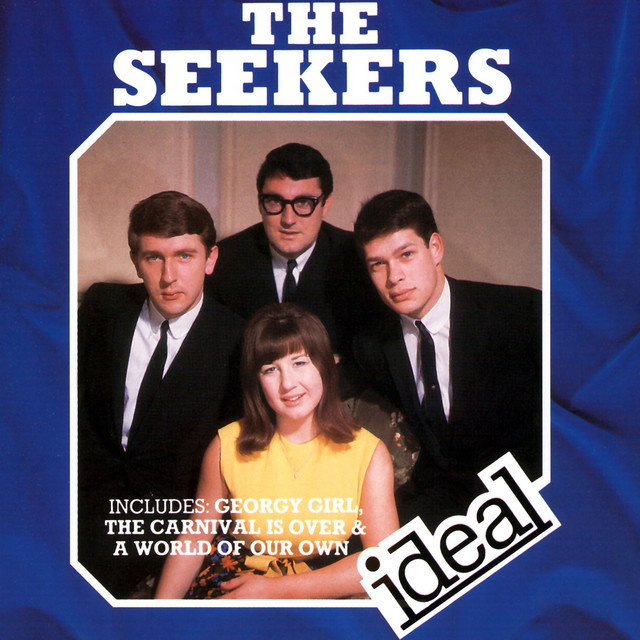
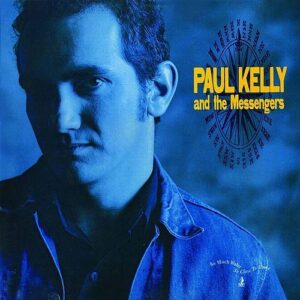

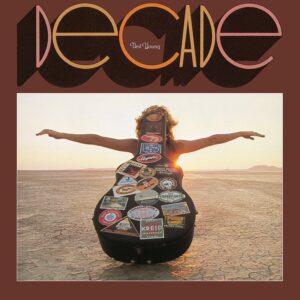
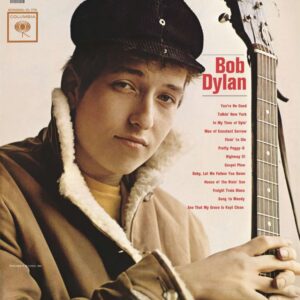
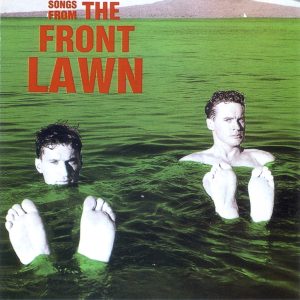
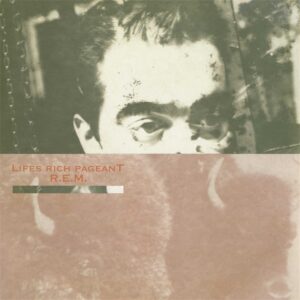
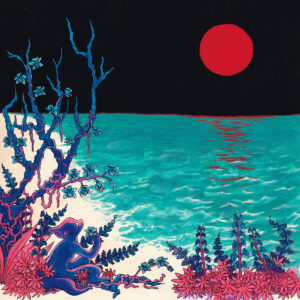


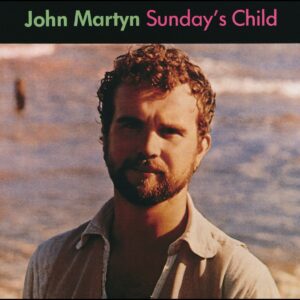

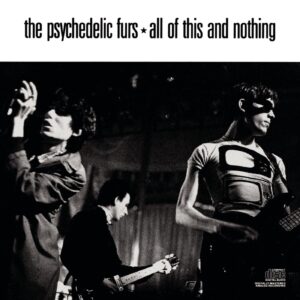
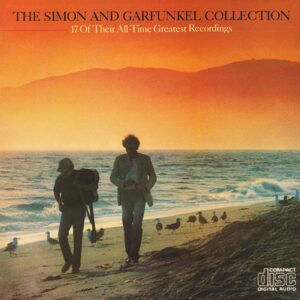
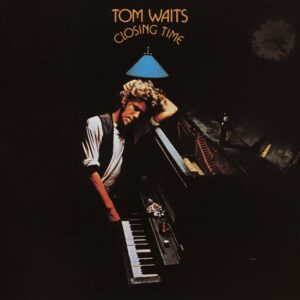






Man, that brings back memories! “Georgie Girl” was one of the first songs I remember hearing on the radio as a kid. Many others I can now remember.
Oh cool, I only really know them via my parents’ record collection.
“Georgy Girl” was their big song here in the states, as you said, and I fondly remember it. I’m also familiar with “Red Rubber Ball,” albeit the version by The Cyrkle (one of Brian Epstein’s post-Beatles experiments). Wish today’s pop music could be just as shimmering.
Yeah, I’ve always liked that song. Cyrkle’s version is better, but Seekers are good too.
Being so ancient, I fondly remember hearing their songs “Georgy Girl” and “I’ll Never Find Another You” played a lot on the radio. i think the latter is my favorite of their songs.
Yeah, I think those were there two big American hits. It’s weird that those two did well and ‘The Carnival Is Over’, also written by Tom Springfield missed the Billboard Top 100 (despite being huge in the UK).